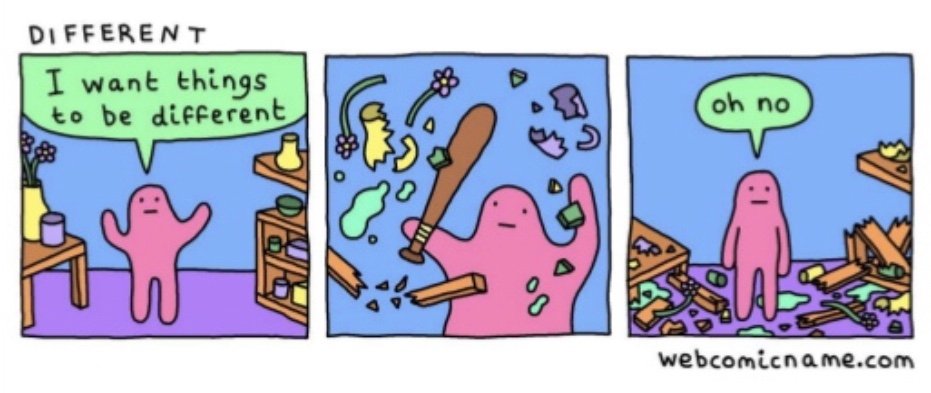The after lunch keynote by Martin Weller was a significant hook in getting me to this conference. He really is the 'David Beckham' of the eLearning world and getting a retweet AND an email from him at the end of 2019 made me (almost) squeal with delight!
His speech was delivered online. He had blogged that he would not be attending which, given the Covid19 crisis, was understandable albeit still disappointing.
I took few notes! His speech was entertaining and engaging and far too enjoyable to risk missing buts by noting thoughts down! The theme of the conference overall was disruption but Martin's main point was the the word 'disruption' had been used too often in an unhelpful, and often destructive, way and that maybe we should move away from the word in the context of technology enhanced learning.
In some instances disruption had been a by product. This is the way I most quickly think of 'disruption' in the context of learning, I consider the rapidity with which the internet and the computer became an everyday part of life and how education, learning, teaching and pedagogy had to react to a rapidly changing landscape and hugely altered expectations. This kind of 'disruption' is - perhaps - what we mean by the phrase 'necessity is the mother of invention'. In this case we could rewrite it to say 'invention leads necessarily to new birth' (the new birth is clumsy - I mean new ways, new ideas and new methods).
The second kind of 'disruption' is as an explanatory theory. This did not strike as many chords with me! I am noteless!
The third kind of disruption was where disruption has been the goal and it's this type of disruption which has sullied the word beyond, according to Weller, redemption. He cited Uber and AirBnB - companies which saw a new way to create and simultaneously fill gaps in a market and rapidly move to more or less decimate the previous occupants of that market space. I don't think Weller was making a political comment about these specific companies but I think the idea of deliberate disruption was distasteful to him.
He included one of his trademark comic points which I loved! This applies to so much (Brexit, Trump!) and I think the lesson to not disrupt things for the sake of it is quite clear!

The questions for Weller were especially interesting. The one I most enjoyed was one which invited him to critique the disruption to education and learning caused by the Open University! He dealt with it well!